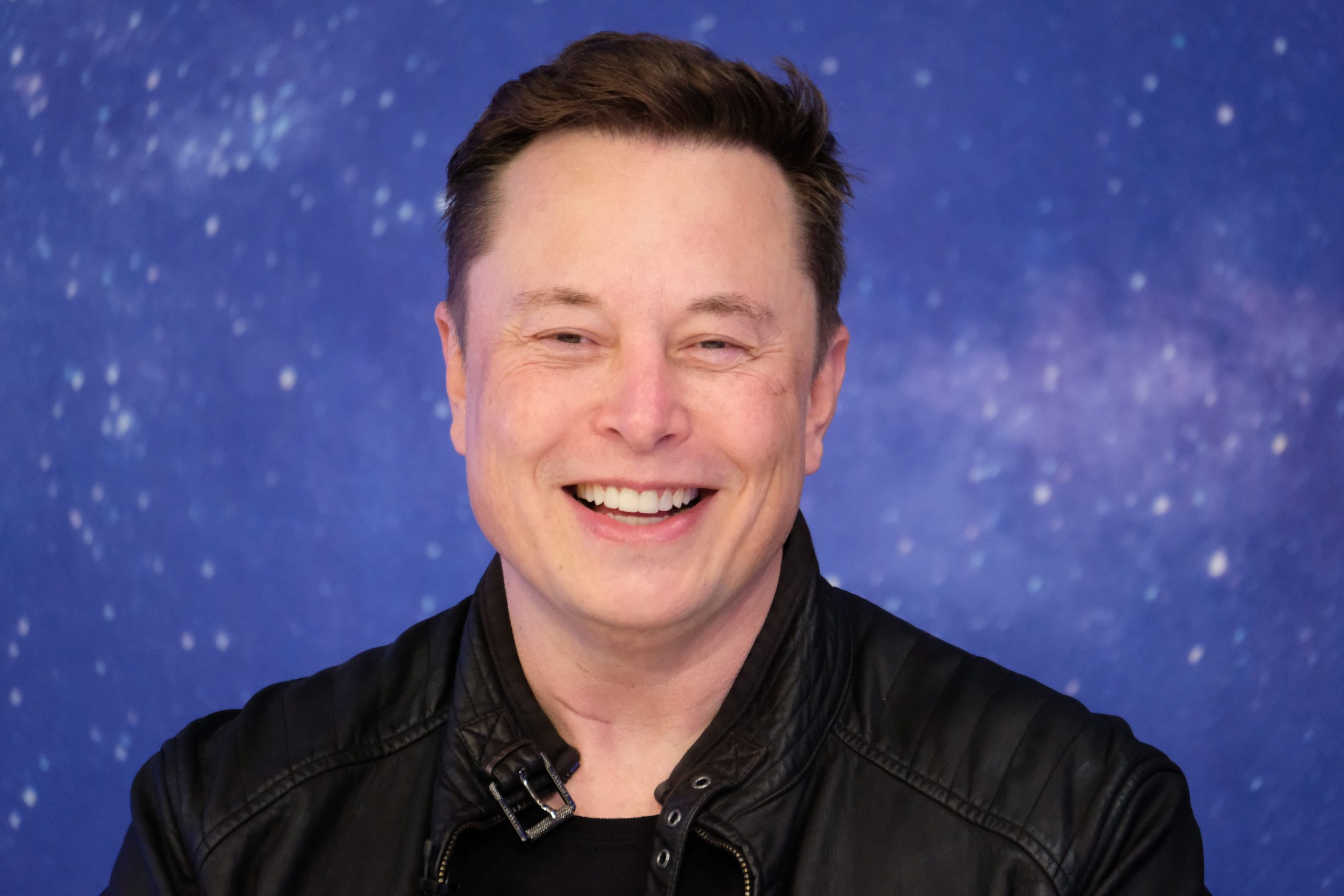
Axel Springer
- NASA has picked Elon Musk’s SpaceX to help with an astrophysics mission dubbed SPHEREx.
- SPHEREx, a space telescope, is due to launch via a SpaceX Falcon 9 rocket in 2024 for a two-year mission.
- The data collected will help astronomers understand how the universe was created, NASA said.
- Visit the Business section of Insider for more stories.
NASA has picked Elon Musk’s SpaceX to launch a telescope into orbit for a two-year astrophysics mission starting 2024, the agency said in a press release on Thursday.
The mission, called SPHEREx, will cost NASA about $98.8 million.
SPHEREx is a space telescope that NASA said would survey the sky in near-infrared light, which the human eye can’t see. The data that it collects would help astronomers understand the evolution of the universe and the creation of galaxies, it said.
The mission was due to launch in June 2024, and would blast off on a SpaceX Falcon 9 rocket from Space Launch Complex-4E at Vandenberg Air Force Base in California, NASA said.
The mission would search for water and organic molecules in areas where stars are formed from gas and dust, and find out if new planets are forming around stars, NASA said.
Thomas Zurbuchen, associate administrator for NASA's Science Mission Directorate, said in 2019 the mission would "deliver an unprecedented galactic map containing 'fingerprints' from the first moments in the universe's history."
Read more: Leaked FAA document reveals SpaceX wants to build its own rocket-fuel power plants in Texas
SpaceX said in a tweet on Thursday the SPHEREx mission would collect data on more than 300 million galaxies and explore how the universe was created.
NASA selected a space telescope named SPHEREx for the mission in 2019, per Spaceflight Now.
—SpaceX (@SpaceX) February 4, 2021
SPHEREx is the latest in a long list of tie-ups SpaceX has with NASA.
The most recent was agreed in November, when NASA certified SpaceX to fly astronauts on its Crew Dragon spaceship, making it the first commercial spacecraft ever to receive the certification.
